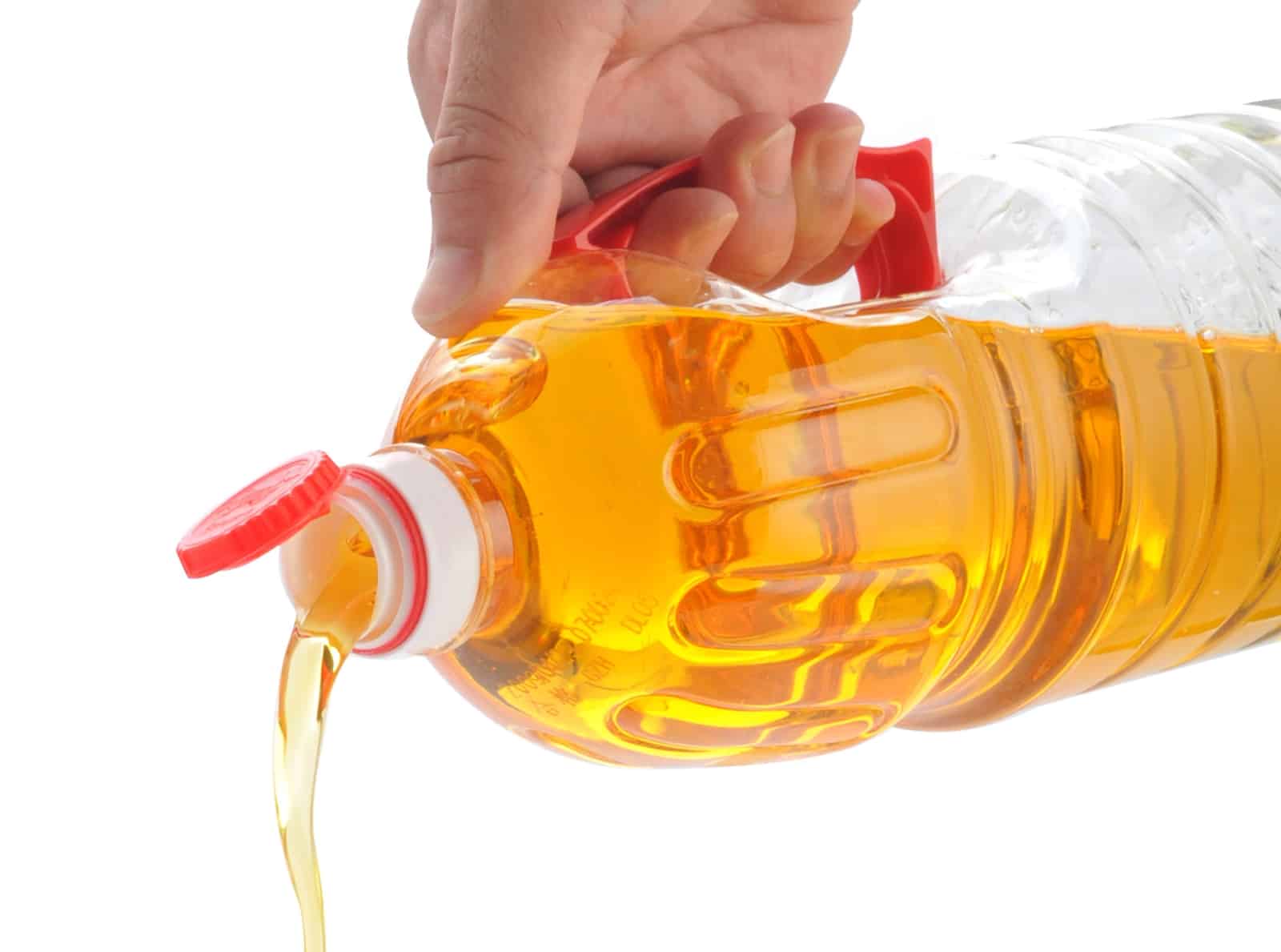Feeding Fats to Horses: Not Just a Diet Fad

Fats serve many important functions for your horse, from increasing calorie consumption to reducing gastric ulcer severity
Society has seen its share of diet crazes, even in the past decade. From low-carb and high-protein to low-fat and high-fiber, trends have come and gone and come again, making food selection challenging. Luckily, horse owners don’t have as many options when they’re picking their charges’ feed. As herbivores, our horses’ diets must be high-fiber complemented by a commercial product fit to meet their life stage (performance, breeding, growing, etc.). The high-fat diet era began as a way to effectively increase calories without drastically increasing feed volume and, as researchers learn more about the benefit of fats for our four-legged friends, it appears that high-fat diets are here to stay.
What Exactly are Fats?
Fats and oils are part of a class of molecules called lipids. Structurally, all fats contain the following components:
- A single glycerol molecule A chain of three carbon atoms, each with a hydroxyl group (oxygen and hydrogen) bound to it; and
- Fatty acids Long hydrocarbon (containing, you guessed it: hydrogen and carbon) chains.
The fatty acids attached to glycerol vary in length and in how their own carbon molecules are linked. When single bonds link carbon atoms, the fatty acid is considered saturated. Saturated fat originates predominantly from animal fat sources such as tallow. Conversely, when one or more double bonds link the carbon atoms, the fat is unsaturated. Horse diets consist mainly of unsaturated fats such as vegetable oils
Create a free account with TheHorse.com to view this content.
TheHorse.com is home to thousands of free articles about horse health care. In order to access some of our exclusive free content, you must be signed into TheHorse.com.
Start your free account today!
Already have an account?
and continue reading.
Written by:
Kristen M. Janicki, MS, PAS
Related Articles
Stay on top of the most recent Horse Health news with















